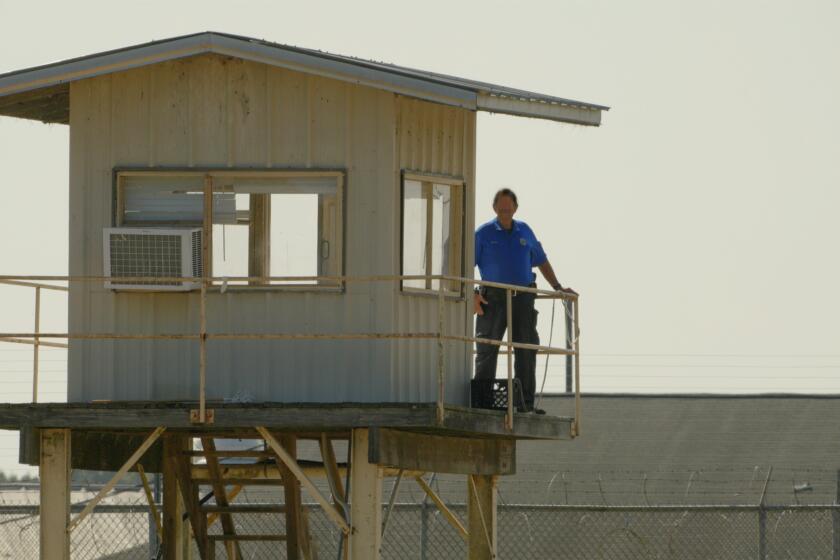Review: ‘Sunset Song’ is an evocative look at female life on the Scottish frontier
- Share via
From his breakthrough feature “Distant Voices, Still Lives” to the lesser-known “Of Time and the City,” a documentary portrait of his native Liverpool, Terence Davies has created some of the screen’s most original memory pieces. He’s a master at evoking the ways the past, in all its heart-stopping beauty, oppressive sorrow and sustaining mystery, exerts a pull on the present.
At its strongest moments, the latest addition to his slender filmography achieves that resonance. But “Sunset Song,” Davies’ adaptation of a 1932 novel about a Scottish farming family, falls short of the intended cumulative effect, its emotional power undercut by its studied, episodic unfolding.
The first book in a trilogy by Lewis Grassic Gibbon, “Sunset Song” is the story of a resilient young woman during the early 20th century. Her profound identification with the land — captured in achingly sensual widescreen by cinematographer Michael McDonough — is her source of renewal and strength as she endures harrowing family circumstances and, eventually, the devastating fallout of the First World War.
Played by a sometimes spirited, often impassive Agyness Deyn, Chris Guthrie is a full-of-life schoolgirl as the story opens. But she’s also living under the stifling pall cast by her monstrous father (Peter Mullan), who aims his abuse mainly at her mother (Daniela Nardini) and her older brother (Jack Greenlees). The two choose very different means of escape, but Chris perseveres. She finds purpose in the landscape and the never-ending farmwork, and, through her marriage to a gentle neighbor (Kevin Guthrie), the promise of an expansive, openhearted way to build upon those roots.
Chris’ voice-over narration offers insights not to be found in Deyn’s performance or Davies’ exacting framing of the drama. Her looking-back commentary enhances the movie’s lyrical sense of place and language.
------------
FOR THE RECORD
May 12, 5:08 p.m.: An earlier version of this review referred to the need for subtitles for the characters’ thick Scots brogue. The film in release is subtitled. The version screened for the reviewer was not subtitled.
------------
To his credit, Davies doesn’t force Chris’ story through a contemporary postfeminist filter, even as he’s clearly concerned with the friction between a strong woman and the constraints of social convention — a subject he explored to more potent effect in “The House of Mirth” and “The Deep Blue Sea.”
But though it ultimately feels wanting, “Sunset Song” offers rural tableaux of exquisite intensity: a glass-smooth lake, an ancient circle of standing stones, a deathbed scene that recalls Edvard Munch. For good and for bad, Chris’ story revolves around the cycle of seasons and the insular bonds of community. Yet even this remote corner of Scotland can’t escape the conflicts of the wider world, brought home in an eloquently choreographed scene that culminates in a sermon shaming the “cowards” who haven’t yet enlisted in the army.
Chris Guthrie’s farm, Blawearie, is surely no Tara, and she’s no Scarlett O’Hara, but there are telling parallels between these survivors as they withstand crushing losses, face the horrors of war, and embrace their abiding love of home. Cradling her weeping brother after their father has beaten him, Chris can say with conviction, “There are lovely things in the world” — or as Scarlett would put it, “Tomorrow is another day.”
-------------
‘Sunset Song’
MPAA rating: R for sexuality, nudity and some violence.
Running time: 2 hours, 15 minutes.
Playing: The Landmark, West Los Angeles.
More to Read
Only good movies
Get the Indie Focus newsletter, Mark Olsen's weekly guide to the world of cinema.
You may occasionally receive promotional content from the Los Angeles Times.










